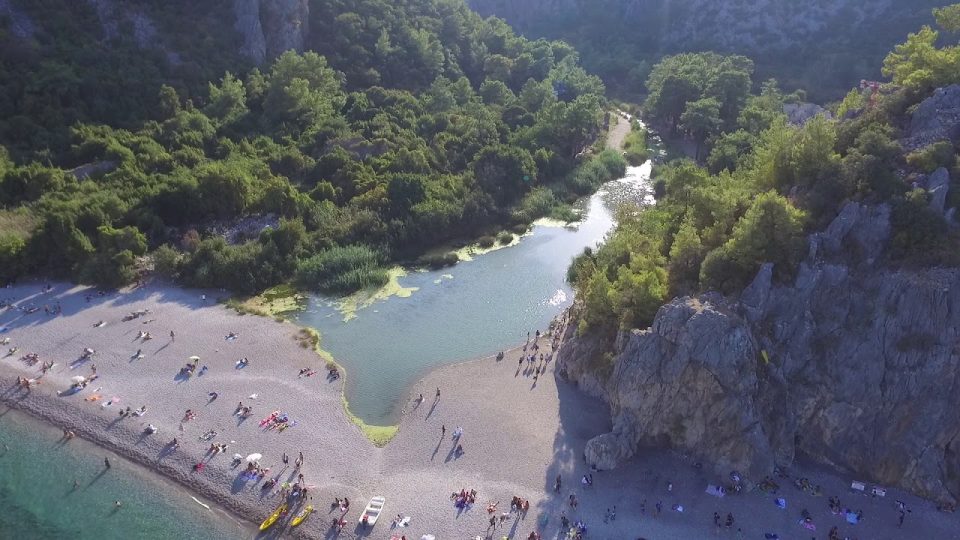The Holocaust was one of the most tragic and devastating events of the 20th century that occurred in Germany and occupied Europe. It was a systematic persecution and extermination of approximately six million Jews, as well as millions of others, including Romani people, homosexuals, disabled individuals, and political dissidents.
The Holocaust began in 1933 when the Nazi party, led by Adolf Hitler, came to power in Germany. The Nazi regime implemented a series of laws that targeted Jews, such as the Nuremberg Laws, which deprived them of their citizenship and basic rights. These laws were followed by a series of pogroms, including Kristallnacht, which saw the destruction of Jewish businesses, synagogues, and homes.
In 1939, Germany invaded Poland, which marked the beginning of World War II. During the war, the Nazis began the mass extermination of Jews and other groups in what became known as the “Final Solution.” This included the construction of concentration camps, where Jews were imprisoned and forced to work under inhumane conditions. These camps were later turned into death camps, where Jews were systematically murdered in gas chambers.
The Holocaust also had consequences beyond the direct loss of life. It led to the displacement of millions of people, including survivors of the Holocaust, and created a massive refugee crisis. The war also resulted in the destruction of many European cities and infrastructure, leaving a legacy of trauma that continues to impact individuals and communities today.
The Holocaust was a significant turning point in world history, as it highlighted the dangers of hate, intolerance, and prejudice. It led to the formation of the United Nations and the establishment of human rights laws that aimed to prevent such atrocities from happening again. The Holocaust also serves as a reminder of the importance of tolerance, acceptance, and respect for diversity in creating a peaceful world.
In Germany, the legacy of the Holocaust continues to be felt today. The country has taken significant steps towards acknowledging its past and has made efforts to educate its citizens about the dangers of extremism and intolerance. Germany has also become a leader in the fight against anti-Semitism and racism, and has committed to supporting Holocaust education and remembrance around the world.
Overall, the Holocaust was a tragic event that had a profound impact on Germany and occupied Europe. Its legacy continues to be felt today, reminding us of the importance of promoting diversity, tolerance, and respect for human rights in creating a peaceful and just world.












